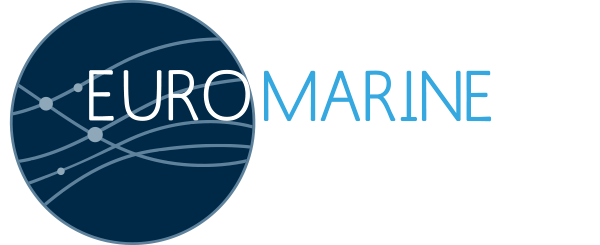The “4th Symposium on Decadal Variability of the North Atlantic and it’s Marine Ecosystem: 2010-2019” takes place 26-28 April 2022 in Bergen, Norway, hosted by the Institute of Marine Research. This symposium is endorsed as an activity under the United Nations Decade of Ocean Science for Sustainable Development.
The registration and abstract submission has been extended until 1 November.
Theme sessions:
- Ocean climate and physical environment in the North Atlantic and their linkages to changing marine ecosystem
- Decadal changes and trends in North Atlantic/sub-Arctic plankton and their ecosystems
- Trends and drivers of decadal variability in fish and invertebrates
- Expanding horizons: assessing decadal changes and incorporating Social-Ecological Systems in the North Atlantic
Call for abstracts: abstract submissions that describe, explore, and/or interpret observational time-series in all disciplines and areas of the North Atlantic including the Arctic (open ocean, shelf sea, and coastal waters) during the decade 2010-2019. This also includes new analyses and modelling approaches aimed at linking environmental changes to changes throughout the entire ecosystem. In addition, contributions that discuss the development of marine ecosystems into the coming decade are highly welcomed.
Special issue in IJMS: abstracts that propose papers to be selected for submission to a special issue of ICES Journal of Marine Science (IJMS) are invited.
ICES Early career scientist funding: The International Council for the Exploration of the Sea (ICES) will provide support for up to 25 early career scientists from ICES member countries to attend this symposium. You can apply when you register and submit your abstract.
Abstract criteria
Abstracts can be a maximum of 250 words, written only in English, and must follow standard grammar and punctuation rules. Abstracts should be clear, succinct, and provide sufficient scientific content about the work to be presented. Abstracts that do not meet these guidelines, including those that are too generic or poorly written, will be rejected.
You can visit the symposium website here to read more about the theme sessions, keynote speakers and programme and to ensure a spot by submitting your registration and abstract submission.


